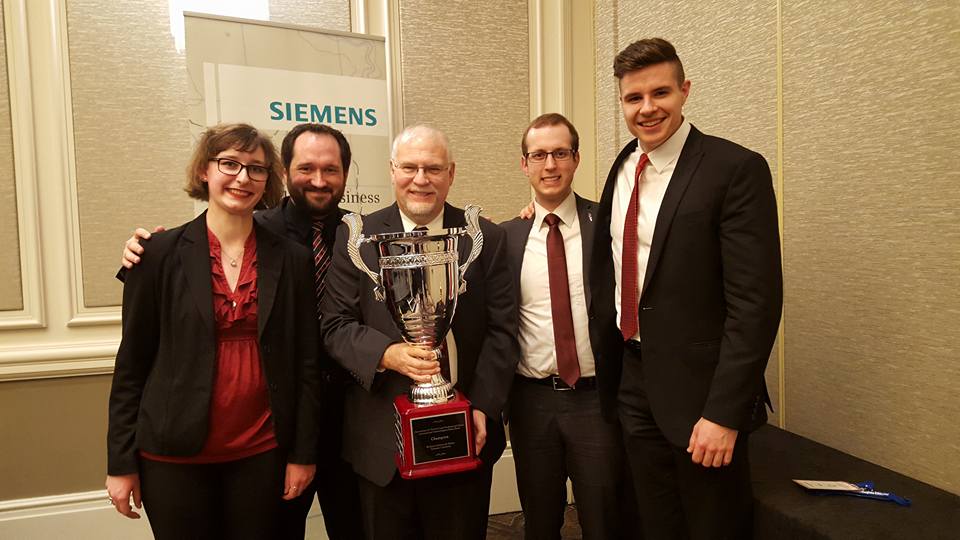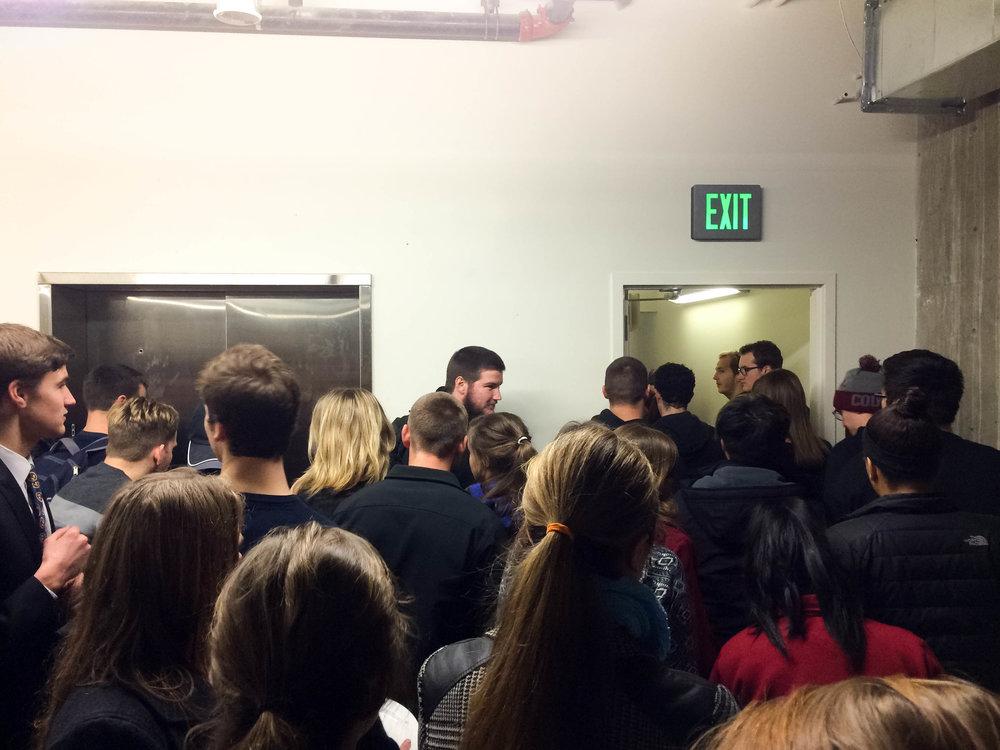Whitworth faculty members provide a variety of Christian perspectives while welcoming discussions of other theological ideas, Forrest Buckner, dean of spiritual life and campus pastor, said.
“Whitworth is unique in Christian higher education in that we don’t have a doctrinal statement that every faculty member, or employee or student for that matter, sign off on, as many other Christian universities do,” Buckner said.
Instead, applicants for positions at Whitworth are required to submit an essay describing their own personal Christian faith. In those faith statements, they are not expected to commit to the same denominational affiliation, but rather to explain their beliefs around the core of Christianity.
“The whole spectrum of Christianity is seen and welcomed,” Buckner said. “It enriches the student experience.”
Students agree that the diversity allows for a rich environment. Having leaders with diverse perspectives of Christianity enables them to form their own convictions regarding Christianity.
“It allows us to study Christ through different views and to realize that he is such a big God and not just to see him through one lens,” pre-med student Nina Westcott said.
Within their faith statements, many applicants include a description of how their Christian faith will influence their position as a faculty member.
“It gives faculty members an opportunity to express their faith in the context of speaking and serving the institution,” communications senior lecturer Joe Vigil said.
Faculty members’ commitment to the mission can be seen in the classroom where they welcome difficult questions and discussion on social issues.
“This is something the science department does well,” Westcott said. “If you believe in creationism, it’s hard to find an open place to go where you can ask these questions and not feel like your opinion is wrong or like your questions are stupid.”
Some faculty and administrative members would agree that having a religiously diverse faculty would be beneficial, as it would encourage a respect for other religious viewpoints. However, they also recognize having faculty members of other faiths could undermine the goal of the institution.
“Whitworth is very honest about who we are so when students come here, they know they are coming to Christian liberal arts institution,” Buckner said.
The university’s goal is to model for students what it looks like to be a Christian and to carry that out in their vocation. This is why Christian faith statements are required.
Faculty and administration members still believe educating students on other religious beliefs is imperative.
“Learning about other religions is a beneficial thing,” Buckner said. “It helps us love other people better, to become better citizens of the world and not have stereotypes of other religions and it helps us to not make some of the same mistakes Christians have made in the past.”
Vigil hopes students with differing faith perspectives feel comfortable expressing themselves in his classroom. He recalls various instances of students relating the material to their personal experience with faith. He wants them to know it is a safe place for that to happen.
“I try to avoid approaching curriculum with a particular faith objective in mind, or I’ve got this scripture I want them to understand, as much as allowing conversations to naturally happen in the context of class,” Vigil said.
Buckner believes that all professors at Whitworth have the tools they need to create a comfortable environment for discussing religion.
“Our Christian faculty members are absolutely well qualified to enable that conversation to help respectfully encourage learning from one another and learning from other faith backgrounds,” Buckner said.
Professors are given tools for holding these discussions in the orientation process and at annual workshops.
While faculty faith statements ensure a God-centered team of leaders, students of all backgrounds are embraced.
“The goal isn’t to draw students who are like-minded but to draw students from any walk of life and give them an opportunity to make that connection,” Vigil said.
Contact Madeline Roscoe at mroscoe19@my.whitworth.edu









 Spokane?
Spokane?